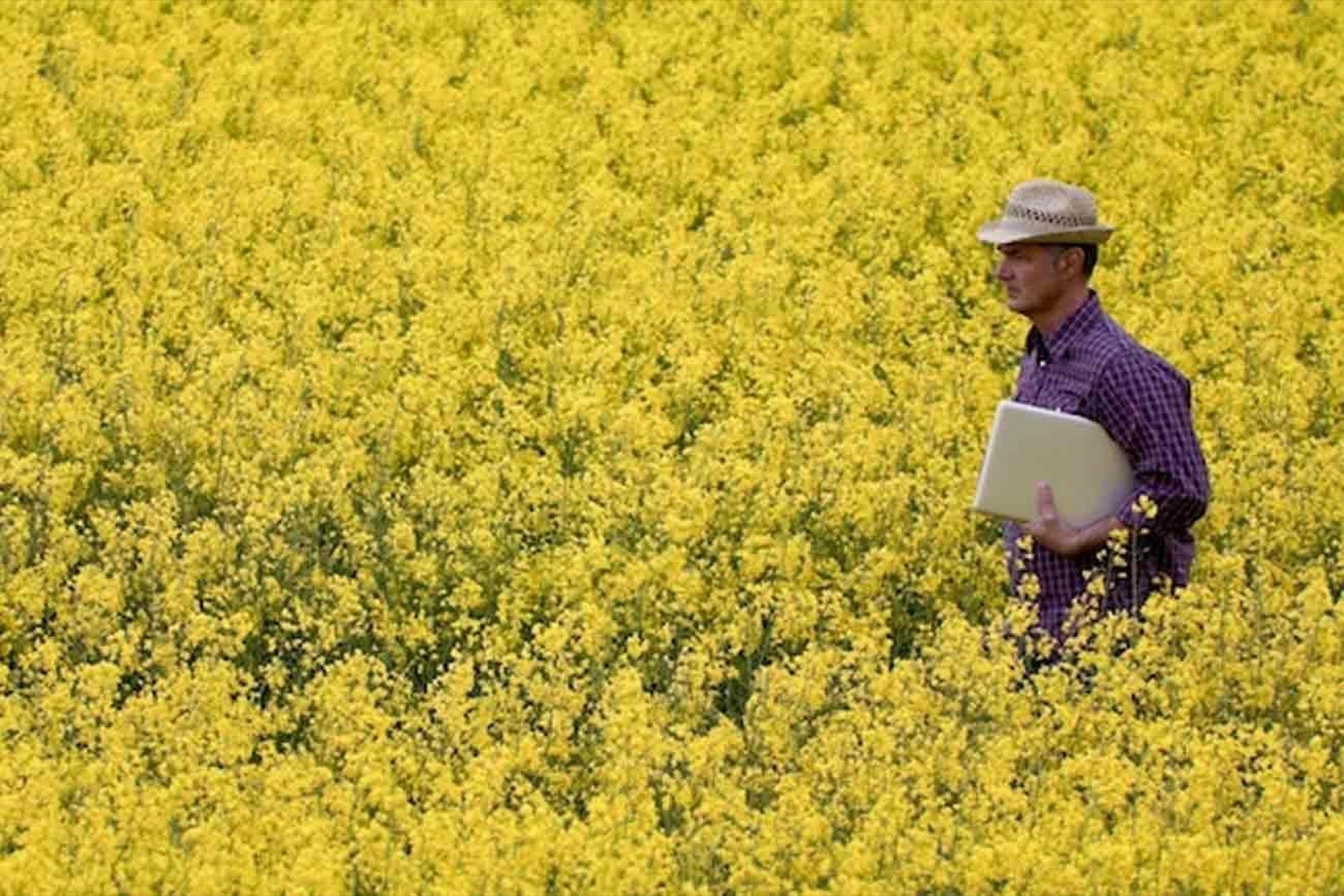Smart Farming Tech: The Silver-lining of Agriculture Tied up in the vicious nexus of debt, marginal income and rising expenses, these farmers might have never heard of a potential salvager – smart farming technologies (SFT)
Opinions expressed by Entrepreneur contributors are their own.
You're reading Entrepreneur India, an international franchise of Entrepreneur Media.

This is a smart age where even our phones are often smarter than us. But when it comes to agriculture, time seems to have stopped at an age we have never experienced. It has become the spectacle of age-old practices, rudimentary technologies and distressed farmers who are unsure about the future of both their crops and themselves when we talk of most of the area barring a few developed areas. Their dependence on rain is as steadfast as their faith in God, even in the 21st Century. Tied up in the vicious nexus of debt, marginal income and rising expenses, these farmers might have never heard of a potential salvager – smart farming technologies (SFT).
How smart is This Farming Method?
According to estimates, nearly 80 per cent of farmers in the US use some kind of smart farming technology while in Europe the number is 24 per cent, and picking up fast. These farmers have used a suite of modern Information and Communication Technologies (ICT) such as precision equipment, the Internet of Things (IoT), sensors and actuators, geo-positioning systems, Big Data, Unmanned Aerial Vehicles (UAVs, drones), robotics, etc. to understand their need and adopt suitable measures. Collectively, these technologies enhance the precision of the decisions taken and increase the productivity of the crops. The numbers itself tell how efficient these technologies are. In fact, several multilateral organizations that have studied other developing nations across the world have suggested smart farming technologies as one of the measures to improve agricultural output.
At the soil level, smart farming technologies measure the impedance rate of the soil, moisture, water retention, Nitrogen, Phosphorus, Potassium NPK values and nutrient migration. At the crop level, a certain measure of chlorophyll, susceptibility, plant level temperature and humidity help the farmers to identify the need and use the correct kind and amount of crop augmenting measure. When it comes to everything above the soil, smart technologies are important to measure the weather conditions such as ambient temperature, humidity, dew point rainfall, etc. One of the biggest benefits of using smart technologies is that the data is stored for historical purposes. This means that the records a device stores today, based in which the farmer acts, will be available at a later date as well. This will address help in gathering more precise data along with the nature of concern for a specific region more quickly than now.
Is India Ready to Adopt Smart Farming Technologies?
In India, agriculture is the largest contributor to the gross domestic product (GDP) at about 18 per cent involving nearly 58 per cent of the people in rural areas. While India has increased the total agricultural output over the years, the number of cultivators has plummeted from 71.9 per cent in 1951 to 45.1 per cent in 2011. The Economic Survey 2018 says the percentage of agricultural workers of the total workforce would drop to 25.7 per cent by 2050. Farming families in rural areas are increasingly losing the next generation farmer plagued by low per capita productivity and the high cost of cultivation to insufficient soil management and prefer migration to a non-farming but better-paying occupation. The situation in India can never be as ripe as it is today for the adoption of smart technologies. We are at the cusp of a digital revolution, joining this vast landmass with wireless connectivity. It is high time we leverage the digital connectivity to help our farmers. We need to initiate smart farming technologies systematically, starting preferably with progressive states where the adoption will be easy.
Smart Technologies, But Smart Farmers?
The dream of a future where farmers know whether there will be enough rain or sun, or whether the cattle walked or ate enough sounds rosy. However, most of our farmers are either illiterate or have elementary education and therefore are wary of using digital devices, considering they are too complex. So, activities such as transactions are a complete no-no, lest their hard-earned money is wasted. Sometimes, they are unable to understand the icons used in a mobile application since that is a popular icon while those used by the farmers are based on traditional understanding. This gap between their knowledge and the available format is the key hurdle to adopting smart technologies. Our farmers need to be digitally literate in order to leverage the benefits smart farming technologies offer. At the same time, the agri-tech companies who are offering their services should realize the limitation and use icons that are easily understood by the farmers.











